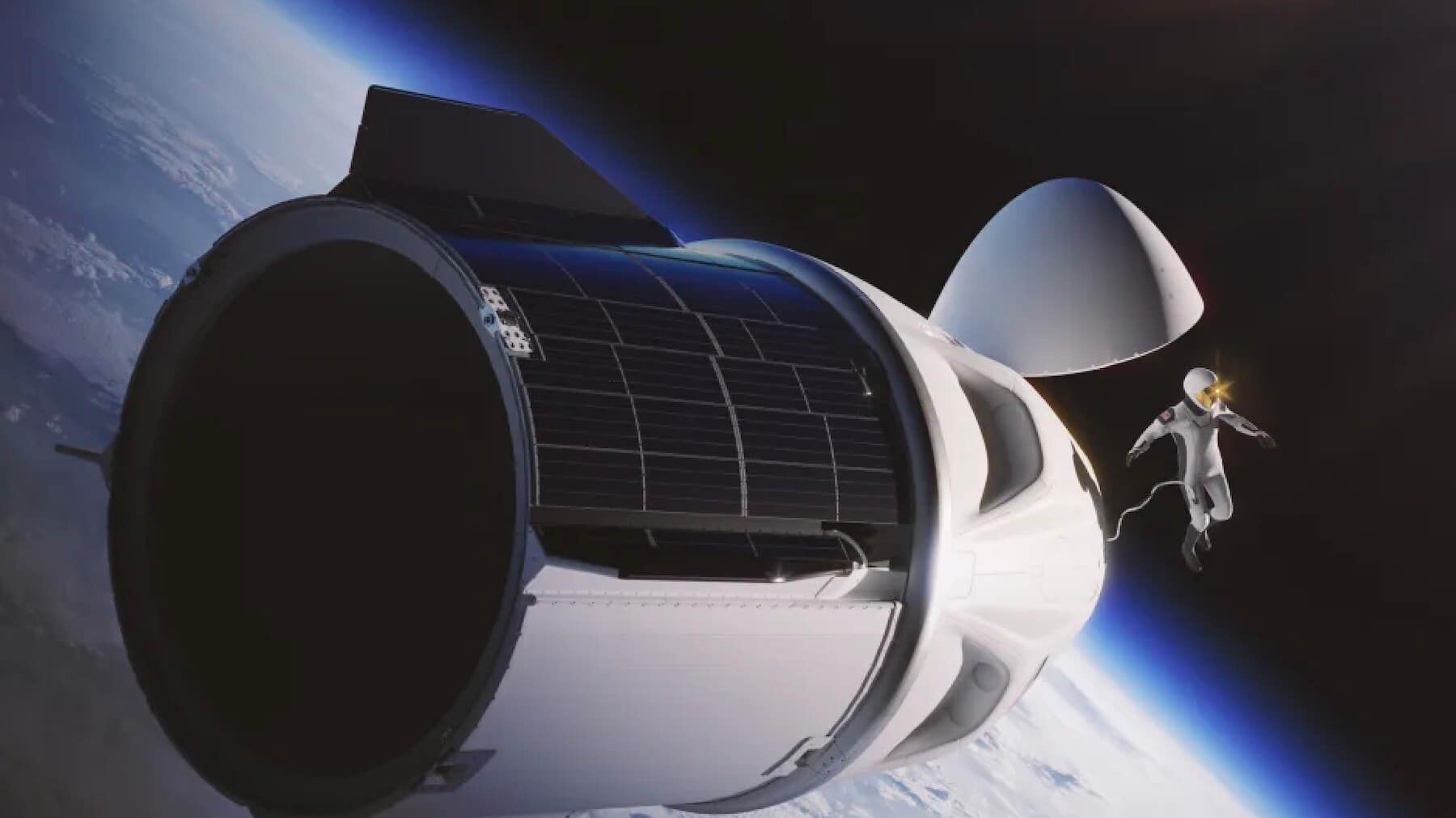
SpaceX announces new launch date for Polaris Dawn mission
What's the story
SpaceX has announced a one-day delay in the launch of its historic Polaris Dawn mission, initially scheduled for August 26. The postponement is to allow more time for preflight checkouts, with the new launch date now set for Tuesday, August 27. This mission is significant as it will feature the first-ever private spacewalk and pushes the boundaries of human spaceflight. The rescheduled launch is set for 7:38am GMT (1:08pm IST) from SpaceX's launchpad at NASA's Kennedy Space Center in Florida.
Twitter Post
Take a look at SpaceX's post confirming new launch date
Targeting Tuesday, August 27 for launch of Polaris Dawn, the first of the @PolarisProgram’s three human spaceflight missions designed to advance the future of spaceflight pic.twitter.com/w6QF3jBLqt
— SpaceX (@SpaceX) August 21, 2024
Reaction
Crew's response to launch rescheduling
Jared Isaacman, the billionaire businessman funding and participating in the mission, responded positively to the rescheduled launch. He stated, "We will happily take an extra day to ensure readiness." The crew for this mission also includes former Air Force pilot Scott Poteet, and SpaceX engineers Anna Menon and Sarah Gillis. This will be Isaacman's second space voyage after his self-funded Inspiration4 mission in 2021. For the other crew members, this will be their first journey into space.
Mission details
Polaris Dawn mission's ambitious goals
The Polaris Dawn mission will take the four-member crew in SpaceX's Crew Dragon spacecraft to an altitude of nearly 700km, significantly higher than the International Space Station (ISS) which is positioned at around 400km. Talking about the historic mission, Elon Musk posted on X saying, "This will be the first spacewalk by a commercial company and the furthest from Earth anyone has traveled in over half a century!" The crew is currently in quarantine at Kennedy Space Center.
Launch plan
Mission launch and return details
The Polaris Dawn mission will launch from Kennedy Space Center using a Falcon 9 rocket. The crew is expected to stay in space for about five days before returning to Earth via a parachute-assisted splashdown landing. This method mirrors how the Crew Dragon brings astronauts back from the ISS. The spacewalk is scheduled for the third day. Isaacman and Gillis will step outside the Crew Dragon capsule, while Poteet and Menon will monitor from inside.
Dangers
Risks involved in the mission
At 700km altitude, the crew will venture into the Van Allen radiation belts—a region of intense radiation surrounding Earth. The crew will be protected by SpaceX's newly developed Extra-Vehicular Activity (EVA) suits. They will undergo an extensive "pre-breathe" process to remove nitrogen from their blood before the spacewalk. This prevents gas bubbles from forming when the capsule is depressurized, a potential fatal condition. Unlike the ISS, Polaris Dawn will use a gradual decompression process.